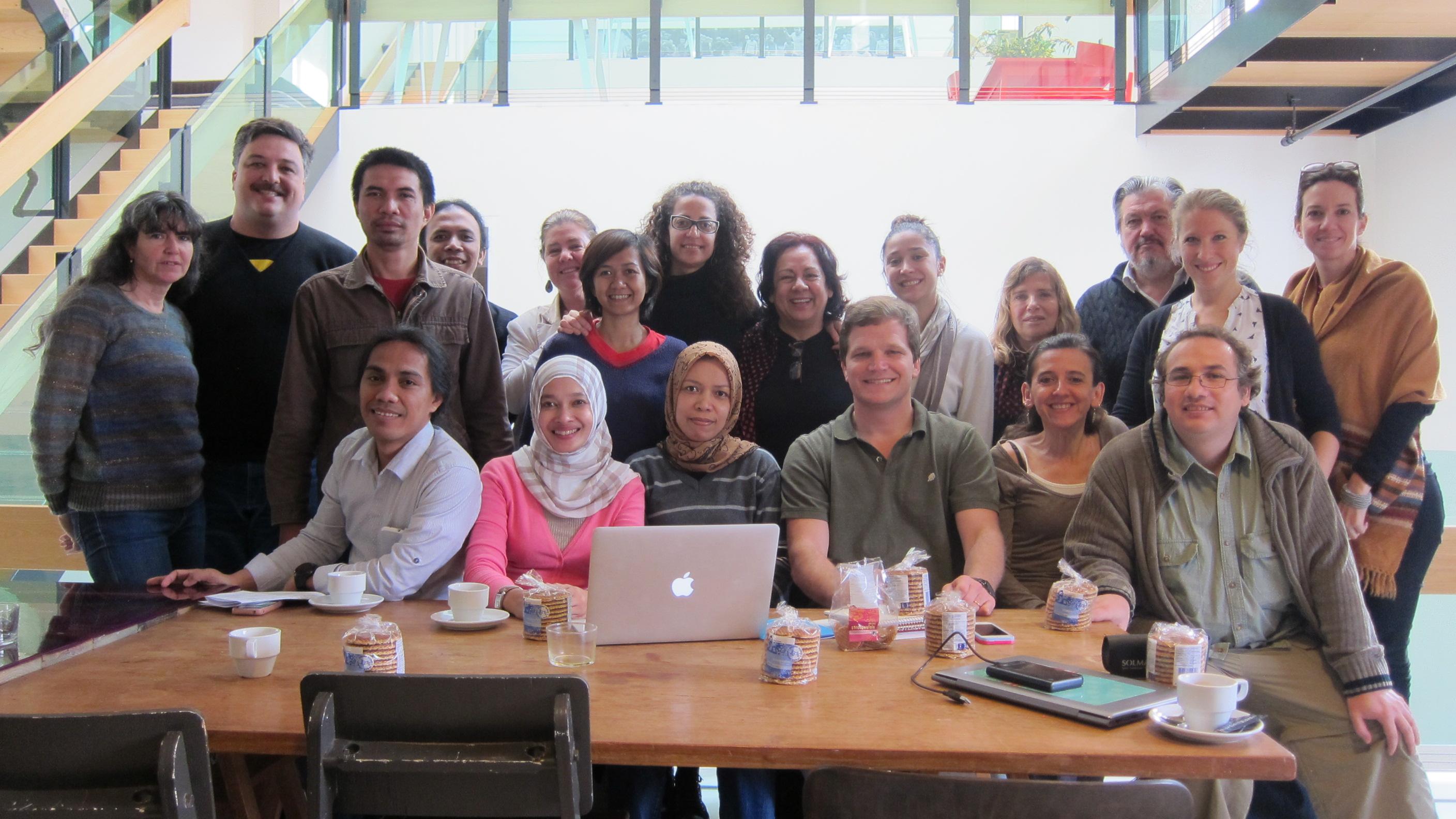20 October 2014 3 menit
The Ecosystem Alliance’s call for action

 Over the last decade, various commitments towards sustainability of agro-commodity value chains have been made by governments and private sector. Relevant in this context is the recent zero deforestation pledges included in the New York declaration on Forests. Despite important progress, translating these commitments into effective implementation remains a challenge. The Ecosystem Alliance and its expert partners on soy and palm oil from Indonesia, Brazil, Bolivia, Paraguay and Argentina call upon EU and Dutch government and private sector to take action jointly with civil society to address the following issues:
Over the last decade, various commitments towards sustainability of agro-commodity value chains have been made by governments and private sector. Relevant in this context is the recent zero deforestation pledges included in the New York declaration on Forests. Despite important progress, translating these commitments into effective implementation remains a challenge. The Ecosystem Alliance and its expert partners on soy and palm oil from Indonesia, Brazil, Bolivia, Paraguay and Argentina call upon EU and Dutch government and private sector to take action jointly with civil society to address the following issues:
Support and implement high quality certification and integrate these sustainability principles and criteria into EU/NL policy and legislation
Specific recommendations:
-
Government: require legality guarantee for all agro-commodity sourcing and include that in law and regulations – consider a FLEGT type approach as a framework for collaboration.
-
Government: tariff reduction for import of RSPO/RTRS certified products.
-
Private sector and government: implement the commitment to 100% RSPO/RTRS or equivalent.
-
Extend, in EU, mandatory sustainability criteria of the Renewable Energy Directive (RED) to all agro-commodities in all uses, strengthen the social criteria and the control.
Improve transparency, traceability, and monitoring of agro-commodity value chains
Specific recommendations:
-
Create and strengthen independent monitoring of implementation of commitments such as zero deforestation by pooling resources from private sector, NGOs and Government;
-
Companies: strengthen traceability systems and disclose the sourcing areas of soy and palm oil; Government: require this disclosure from the companies
Improve financial instruments and mechanisms to promote and support sustainability throughout the agro-commodity value chain
Specific recommendations:
-
Bear the costs for certification downstream in the value chain to make it viable for producers.
-
Investors and financial institutions to adhere to stricter safeguards, under supervision of EU member states and central banks.
-
EU/Governments to redirect tax revenues from import of agro-commodities to social and environmental sustainability, including integrated landscape development for local livelihoods.
As NGOs from consuming and producing countries of soy and palm oil we commit to help implement these recommendations. We will do this by piloting and promoting sustainable landscapes, engaging communities, local governments, private sector and financial authorities in both producing and consuming countries. We will also assess transparency gaps along the value chains, contribute to monitoring implementation of these commitments, as well as provide knowledge and tools to support the actions called for.
Amsterdam, October 30th 2014
Contributing organizations:
Both ENDS (The Netherlands)
Farn (Argentina)
Gemawan (Indonesia)
Guyra Paraguay
Instituto Centro de Vida – ICV (Brazil)
IUCN NL
Probioma (Bolivia)
Pro Yungas (Argentina)
Sawit Watch (Indonesia)
Setara (Indonesia)
TuK INDONESIA
Walhi (FoE Indonesia)
Wetlands International (Indonesia, Argentina and HQ)
Sumber/tautan:
